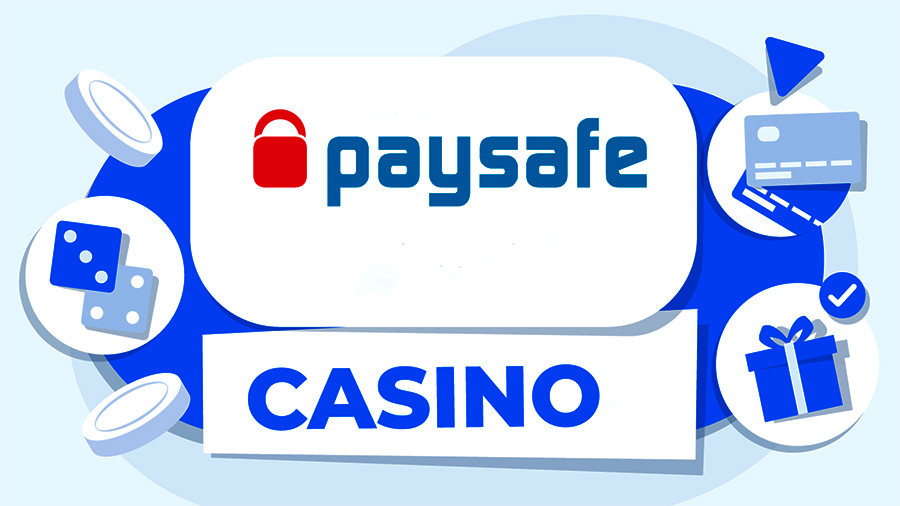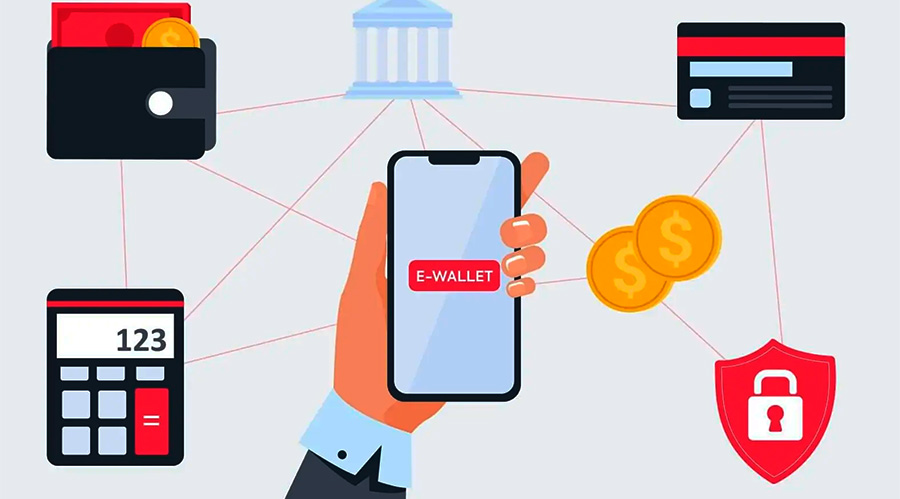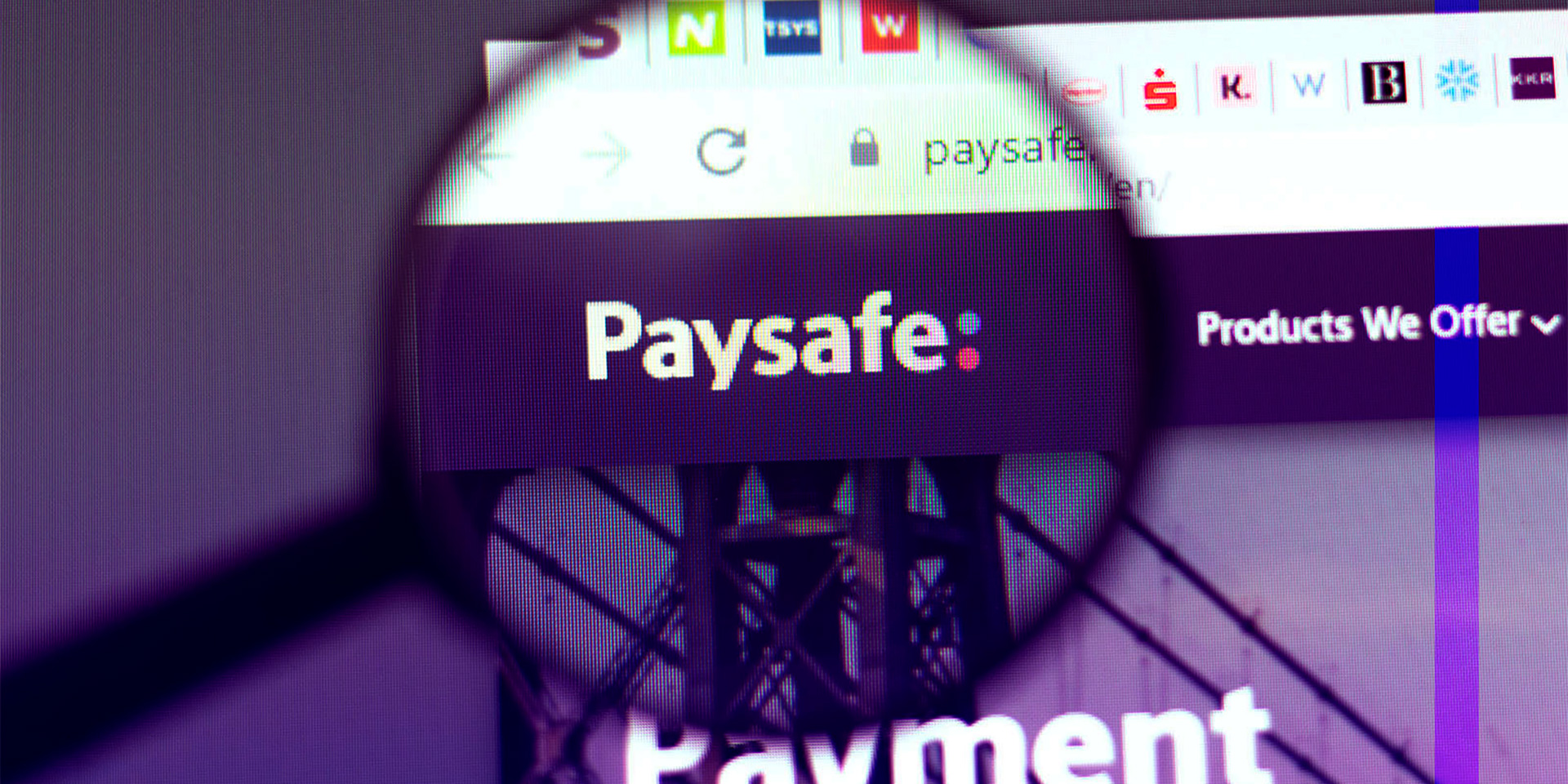In the world of online gambling, fees can significantly impact your overall profitability and convenience. PaySafe, known for its security and anonymity, is a favored option among many players. However, understanding how its fees compare to other methods is essential for maximizing your gaming budget. By examining the costs of deposits, withdrawals, and other associated charges across different payment systems, this article will equip you with the knowledge needed to choose the most cost-effective and suitable method for your online casino transactions.
Fee Structure of PaySafe
When choosing the way to pay for your online casino fun, you should realize the associated costs of such an option. So, let’s break down the fee structure of PaySafe and see how it compares.
Transaction Fees
Deposit Fee Breakdown
Depositing money into your casino account by means of PaySafe is pretty straightforward. Usually, a small percentage is charged from the money you deposit. For example, if you deposit $100, you might be charged $2-$3 as a fee. Again, this fee can vary slightly depending on the casino and the amount you are depositing.
Withdrawal Fee Breakdown
Things get interesting when you want to withdraw your earnings using PaySafe. Some online casinos might charge a flat fee for withdrawals, which will be, for instance, $5 per transaction, while some might charge a percentage of the amount withdrawn. Always check the fees with the casino of your choice.

Other Associated Costs
Currency Conversion Fees
When you are using a PaySafe casino that operates in a currency that differs from your own, you might also need to consider currency conversion fees. The charges may vary based on the banks and the companies involved, but you can expect to be levied around 2-3% of the transaction amount. This is like the little fee you would have to pay when exchanging money at an airport.
Inactivity Fees
One of the typical fees that people usually do not count on is the inactivity fee. In case a person has not been using the PaySafe account, for instance, for six months, then the account is likely to be charged a small monthly fee. It is something like paying rent for a storage unit you are not using.
The Comparison of the Fee in Different Regions
The fees charged to PaySafe can vary depending on where in the world you are. For example, users within the European region may have different fee structures compared to users in North America or Asia. It is similar to how the cost of something could vary in different countries due to the variation in local taxes and regulations.
Overview of Other Payment Methods
Finding the right payment method for online casino play is similar to finding the right tool for any job. Other popular options available in addition to PaySafe include:
Credit/Debit Cards
Commonly Used Credit/Debit Cards (Visa, MasterCard, etc.)
The most common ones would be credit and debit cards. Everyone is familiar with them. Brands like Visa and MasterCard are widely accepted in online casinos. These cards are very convenient and easy to use; hence, they are preferred by most users.
General Fee Structure
When you deposit money into your casino account using a credit or debit card, in most cases, you are going to have a fee from your card issuer. This fee usually amounts to a range of 1.5% to 3% of the transaction amount. Withdrawals to your card will also incur some fees, most of the time a flat rate around $2-$5.
E-Wallets
Popular E-Wallets (PayPal, Skrill, Neteller)
E-wallets are basically virtual forms of your wallets. The popular ones include PayPal, Skrill, and Neteller. They are loved because of their speed and security.
General Fee Structure
Depositing money using an e-wallet is usually free, but there can be fees for withdrawing funds. These fees vary: PayPal might charge a small percentage, while Skrill and Neteller could have a fixed fee or a percentage, often around 1%-2%.
Bank Transfers
How Bank Transfers Work
Bank transfers are simple, but they can be a bit slow. You transfer your money directly from your bank account to the casino’s account.
Typical Fees Involved
Fees for bank transfers can be slightly higher as compared to other methods. You might see charges from both your bank and the casino often totaling $10-$30 per transaction. It’s like sending a package via express shipping — secure but costly.
Cryptocurrency
Overview of Using Bitcoin and Other Cryptocurrencies
Cryptocurrencies like Bitcoin offer a modern, tech-savvy way to fund your casino play. They are increasingly becoming accepted due to the privacy and security benefits they offer.
Fee Structure and Variability
Now, the fees to use the cryptocurrency may widely range. Some casinos cover the transaction fees, while others might pass them on to you. Typically, these fees are lower than the conventional method, though they can fluctuate with market conditions.
Comparing PaySafe with Other Payment Methods
Choosing the best payment method for your online casino activities can feel like picking the best tool for a job. Each has its unique benefits and drawbacks. Let’s see how PaySafe compares to other popular methods.
Credit/Debit Cards vs. PaySafe
Comparison of Deposit and Withdrawal Fees
Credit and debit cards, such as Visa and MasterCard, typically charge a fee of 1.5% to 3% on deposits. Withdrawals may cost around $2-$5. PaySafe, on the other hand, often charges a similar small fee on deposits but may have different withdrawal fees depending on the casino.
Speed and Convenience
Credit and debit cards are quick and convenient but might not be as secure due to the direct link to your bank account. PaySafe casino offers a bit more anonymity and security, making it a solid choice for privacy-conscious users.

E-Wallets vs. PaySafe
Fee Comparison
E-wallets like PayPal, Skrill, and Neteller usually have no deposit fees but charge around 1%-2% for withdrawals. PaySafe’s fees can be comparable, but you should check with your casino for exact rates.
Pros and Cons in Terms of Security and Speed
E-wallets are known for their speed and security. Transactions are usually instant and they add an extra layer of protection. PaySafe is also secure and provides anonymity, but it might not be as fast as e-wallets.
Bank Transfers vs. PaySafe
Detailed Fee Comparison
Bank transfers can be expensive, with fees ranging from $10 to $30 per transaction. PaySafe generally has lower fees, making it a more cost-effective option.
Differences in Transaction Times and Convenience
Bank transfers are secure but can be slow, sometimes taking several days. PaySafe offers quicker transactions and is easier to use, especially for smaller amounts.
Cryptocurrency vs. PaySafe
Fee Structures and Volatility
Cryptocurrency fees can be very low compared to other ways; however, they are exposed to volatility in the market. PaySafe, on the other hand, provides more predictability of fees, which can be less stressful.
Security and Privacy Pros and Cons
Cryptocurrencies like Bitcoin offer very high security and privacy, but value risks are attached. PaySafe, on the other hand, guarantees value stability and reliable security, hence being a surer bet for many.

